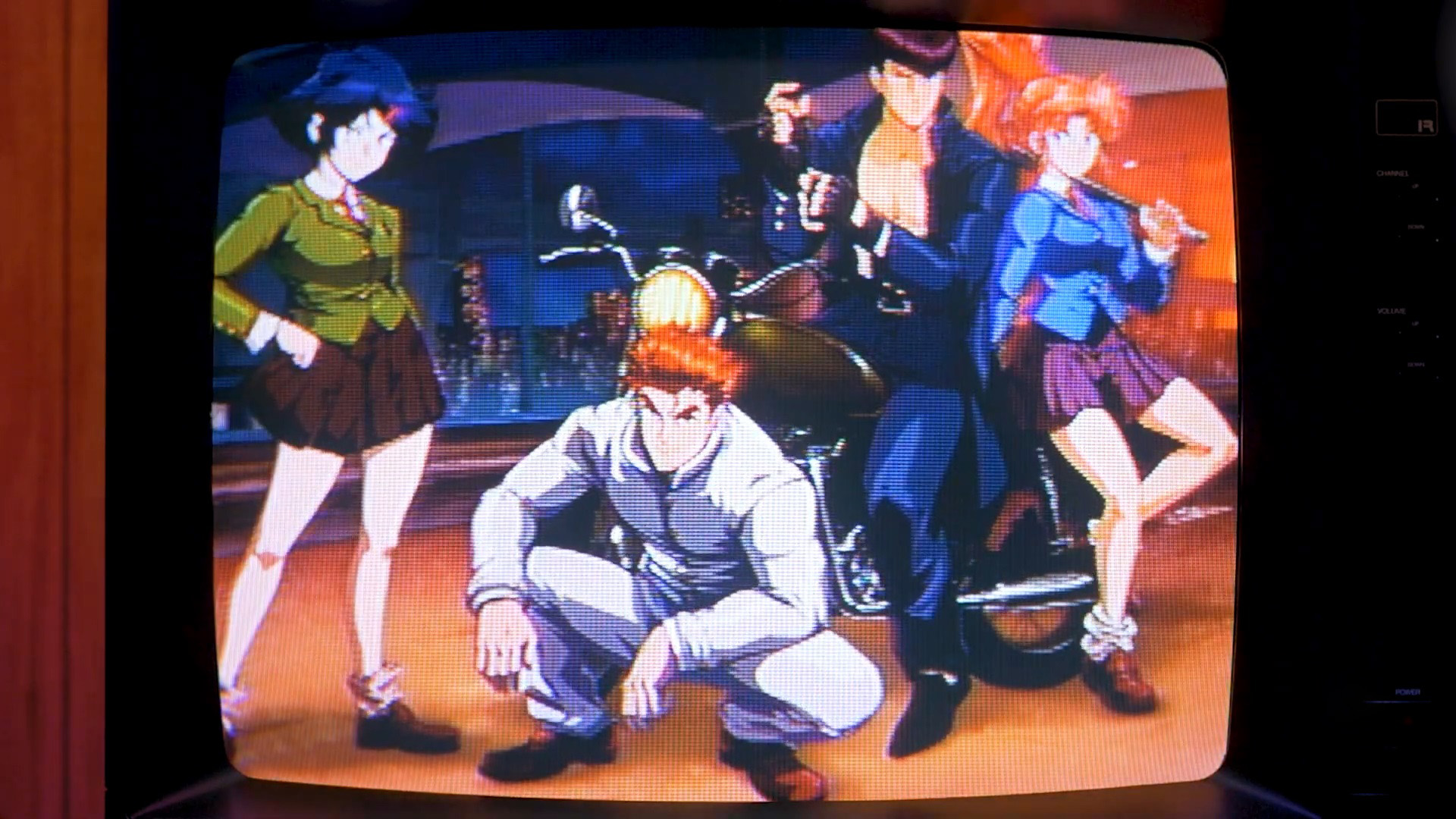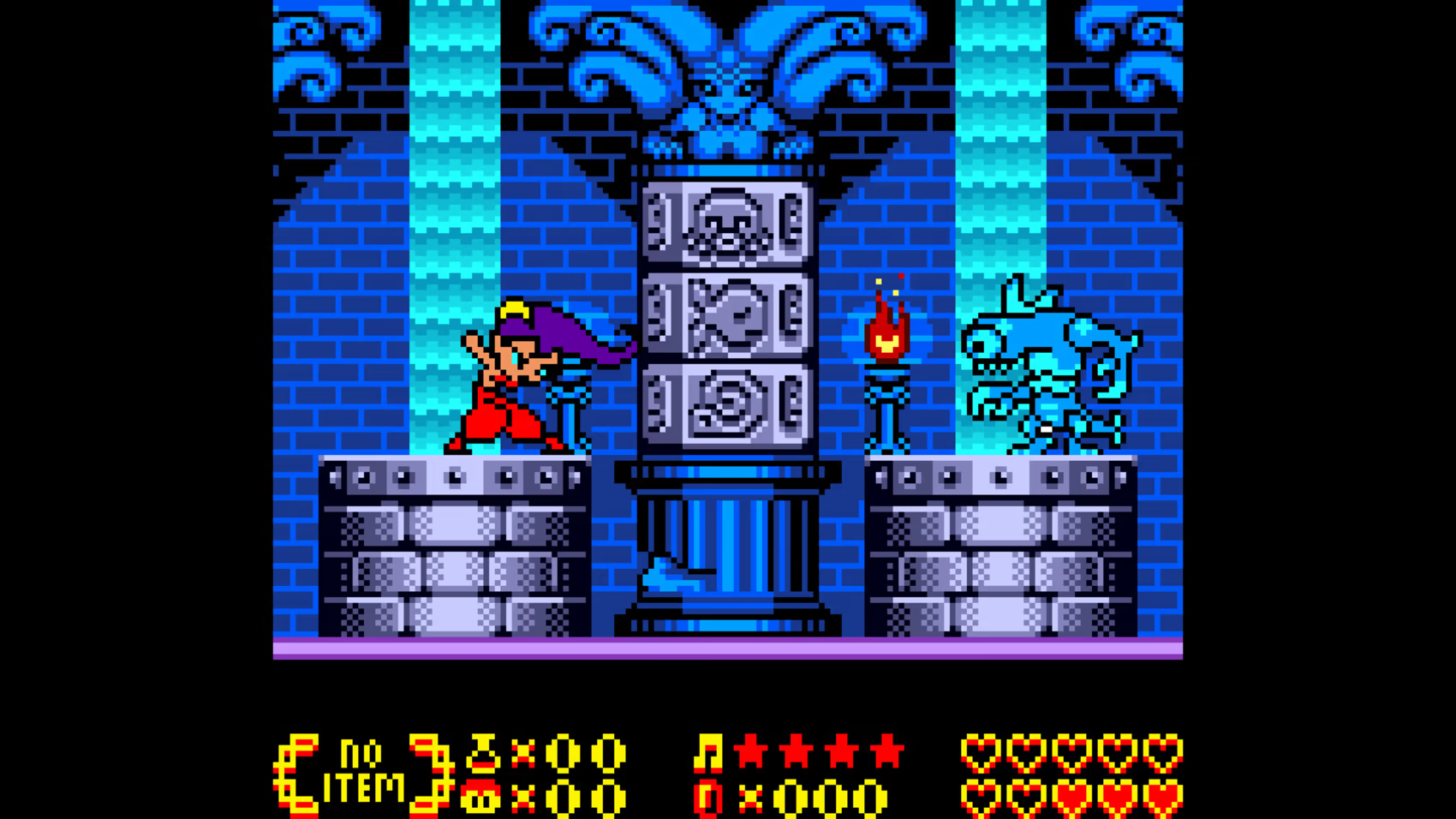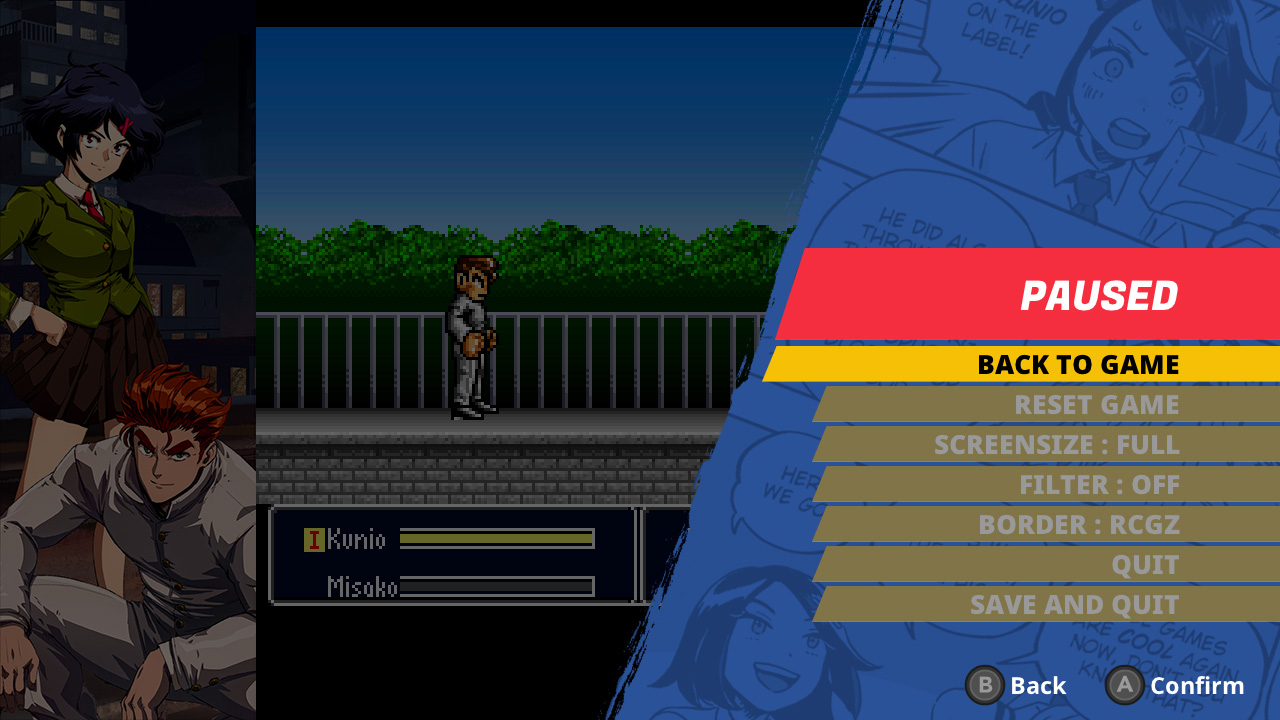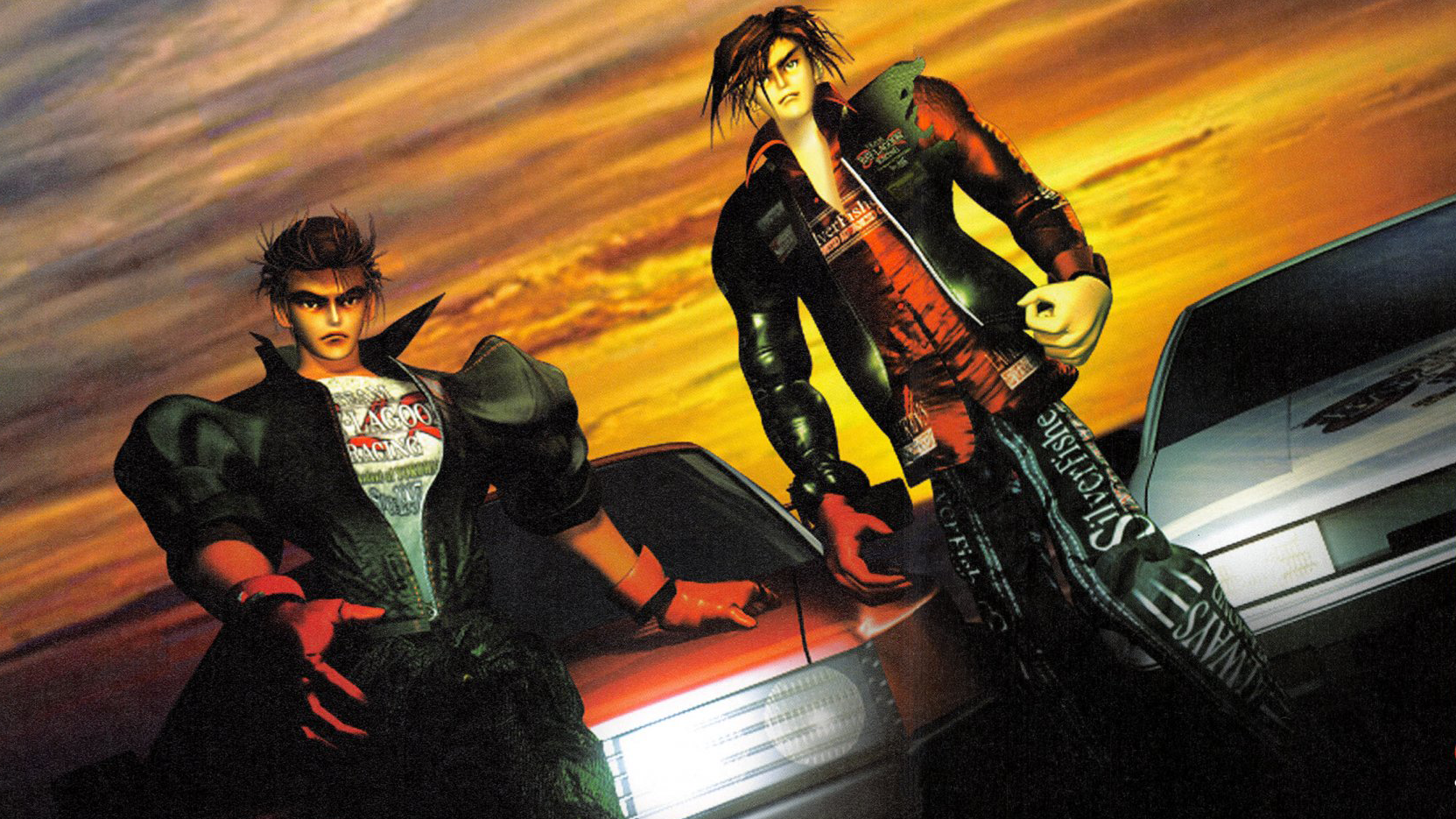Limited Run Games' emulation initiative could finally open doors for untranslated Japanese games
LRG's Carbon Engine is a step towards legitimizing emulation as the best way to re-release retro games.

If you go hunting for the legal page on Nintendo's website, you'll find an FAQ devoted to emulators and ROMs, which states plainly the stance Nintendo's had towards emulation for decades: "it's illegal." The actual definition of an emulator here, though, makes me chuckle. "A Nintendo emulator is a software program that is designed to allow game play on a platform that it was not created for," the legal page says. That broad definition just so happens to fit the games like Mario Kart 64 that Nintendo now offers Switch Online subscribers. Those N64 games weren't rebuilt from the ground up for the Switch: they're running on an emulator.
Nintendo would never use the E word with its re-releases, of course, because it's spent far too long associating emulation with piracy. The truth is Nintendo's been creating its own emulators for years (and often doing a worse job than fans programming emulators in their own time) without calling them that publicly. But outside slow-moving Nintendo, there's been a subtle but noticeable shift in the last few years towards a more nuanced understanding of emulation as an invaluable tool—for both preserving classic games and selling them.
"I think that concept still exists, the E-word thing, but a lot of people are a lot more open to it," says Joe Modzeleski, development lead at Limited Run Games. "I don't know if that comes from bigger companies seeing the dollar signs, or what—maybe it's a combination of seeing that there's money to be made, and there's proof in the market that this isn't something that's going to get people in trouble. People get apprehensive about the weirdest things when it comes to legal stuff…[but] I don't think that opposition still really exists."

Five years ago Limited Run Games made its name on physical collector's editions of modern indie games that would otherwise have only been available digitally, including the tchotchkes like maps and posters that were once the norm in big box PC games. More recently Limited Run has started dipping into the retro scene, producing brand new cartridges of old games like Shantae for the Game Boy Color, and now it's turning to emulation to combine the two, bringing classic games back to modern systems. Shantae, a cute platformer first released on the Game Boy Color back in 2002, didn't just get a Limited Run cartridge reprint: it was also the first classic game Limited Run re-released digitally on the Switch, using its new Carbon engine.
And this is where it feels like something's changed: Limited Run proudly explains on its website that the Carbon Engine is "a multi-platform development tool that helps different emulators interface with modern hardware." It's saying the quiet part out loud.
Ramping up

Modzeleski chose to emulate and re-release older games starting with the Game Boy because he thought it had an "overlooked library" that would be a good fit for the Switch.
With emulators so easily available on PC, "accessibility has already been solved for the most part, for the vast majority of these popular libraries," he said. "If somebody wants to play a Sega Genesis game, they can play it. But there's still that barrier of entry. Even if you and I might find that barrier really trivial, that can still be a barrier for the absolute casual user. The furthest they're willing to go is they go on the eShop and they buy a game. For those people, games like Shantae are not accessible."
The biggest gaming news, reviews and hardware deals
Keep up to date with the most important stories and the best deals, as picked by the PC Gamer team.
Limited Run brought on Dimitris Giannakis to program a new Game Boy Color emulator specifically for Shantae, with the intention of supporting more games down the road. Giannakis goes by the handle Modern Vintage Gamer online, and had been making videos about emulation and game hardware for years before he started contributing to development at both Limited Run and Nightdive.
"What we like to do is present the game in such a way that you don't even realize it's an emulated version," Giannakis said. "We curate it, add intros, outros, all that sort of stuff. Achievements on PlayStation and Xbox. So it feels like a port almost, rather than emulation. We're not deliberately hiding that fact, but we're trying to present this as just a regular game … other than the fact that it's a game from 25 years ago."
If Shantae was a proof of concept, the second Carbon Engine game, released in February, feels like a mission statement. River City Girls Zero is a 1994 Super Famicom game never previously translated or released outside of Japan, which Limited Run and WayForward collaborated on to release with a new localization, animated intro cutscenes, and other special features. Its success could point towards the untapped potential of more unlocalized games.
Modzeleski said that a lot of game companies have back catalogs that they "just don't know what to do with," or don't believe they can recoup the costs involved in standalone ports. Carbon offers an alternative. But how many other games that have been painstakingly fan translated would genuinely sell well if re-released today with official translations? Considering the skyrocketing prices of retro games during the pandemic: probably a lot of them.
"We wouldn't put in the time and effort to develop something like that if it was going to be a one-off thing," Modzeleski said. "I can say from a personal standpoint there's a ton of interest. We want to get bigger, better, provide more. … There's a huge audience for Japanese games that never came over here. Absolutely massive. And that kind of wraps back around to the accessibility thing I was talking about earlier. There's one more step to patching ROMs. Yes, that content is accessible—you can play Mother 3, but the people clamoring for [an official translation of] Mother 3 don't want to do that. They want to turn on their Switch and play Mother 3. That's the accessibility level we've got to meet them at."
The right stuff

Modzeleski said that Limited Run is open to both facilitating new localizations or licensing existing fan translations on a game-by-game basis. Pulling that off will require good relationships with publishers, which Limited Run already has from its success with physical releases, and will also require good relationships with the emulation community, which it's carefully cultivated.
For River City Girls Zero, Limited Run licensed the Ares emulator, renowned for its extremely accurate Super Nintendo core. Using Ares fits with Limited Run's preservationist tendencies, and game preservation was championed by Near, the acclaimed programmer behind Ares and bsnes. Near died last year, and River City Girls Zero includes a dedication to them.
"I don't know that I've seen anything more accurate than Ares," Modzeleski said. "We were really interested in a lot of Near's work. That was a huge part of what we were tapping into."
When Limited Run needed another programmer on the team, it hired an emulator developer. Through licensing other emulators Carbon now supports the NES and Sega Genesis, with more planned for the future. "I know a lot of people in the community, and there are so many passionate developers in the emulation community that do amazing things," said Giannakis. "In so many instances they don't get paid for it, they just love doing it, so by offering them a position to work for us and have them get paid for it as well is, I think, quite appealing to many of them."
The Carbon Engine will debut on PC soon with River City Girls Zero. And it's still growing, with Limited Run planning to add support for the PlayStation, Sega CD, and more. Without naming the specific emulators Limited Run is currently working with, Modzeleski said he's "very excited about PS1 emulation right now." And with that my mind's running through the untranslated games that could finally get their due.
Racing Lagoon? Boku no Natsuyasumi? Tokimeki Memorial? For the moment, the possibilities feel truly limitless.

Wes has been covering games and hardware for more than 10 years, first at tech sites like The Wirecutter and Tested before joining the PC Gamer team in 2014. Wes plays a little bit of everything, but he'll always jump at the chance to cover emulation and Japanese games.
When he's not obsessively optimizing and re-optimizing a tangle of conveyor belts in Satisfactory (it's really becoming a problem), he's probably playing a 20-year-old Final Fantasy or some opaque ASCII roguelike. With a focus on writing and editing features, he seeks out personal stories and in-depth histories from the corners of PC gaming and its niche communities. 50% pizza by volume (deep dish, to be specific).

